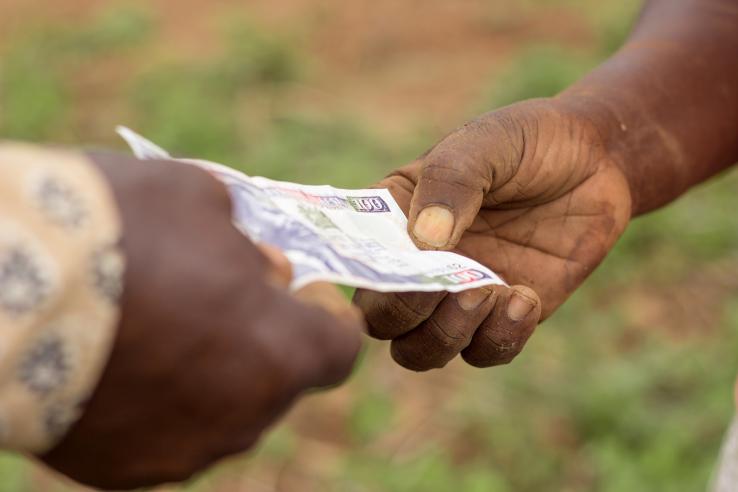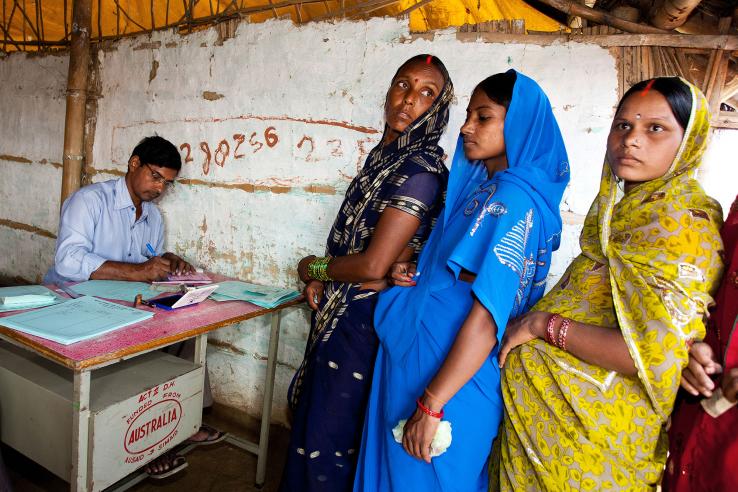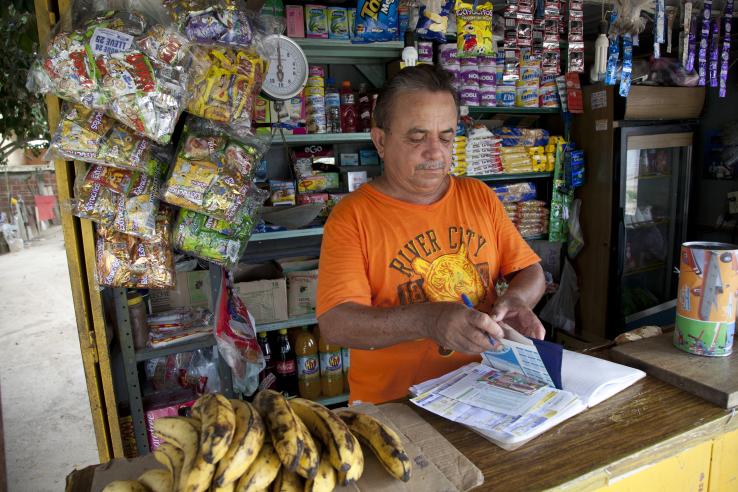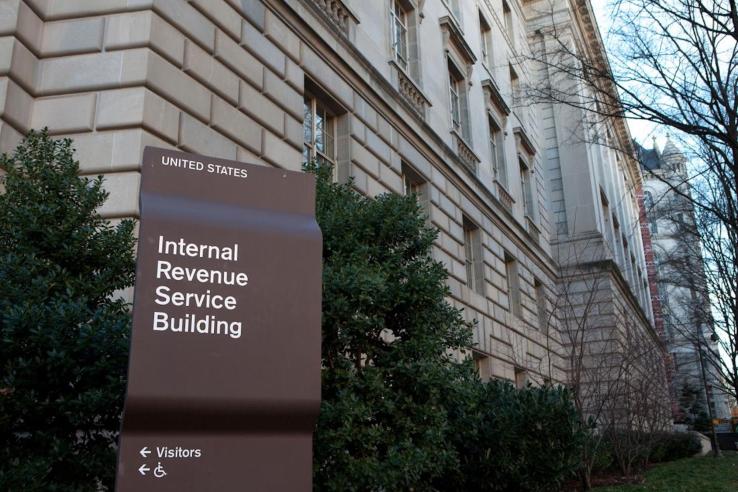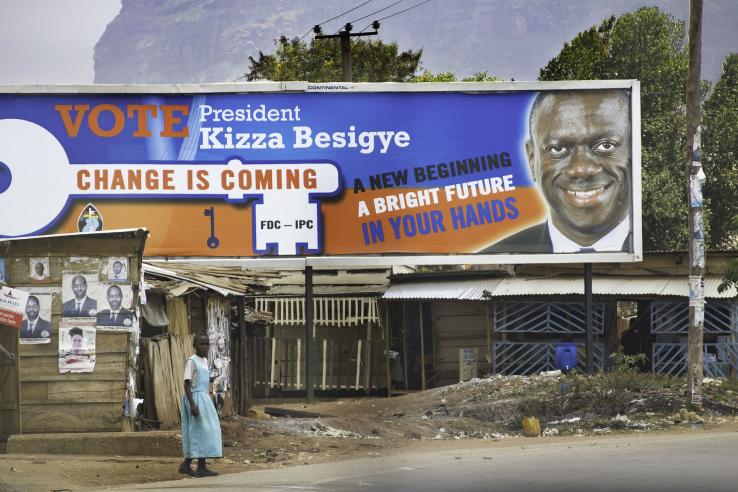Displaying 1081 - 1095 of 1291
Evaluation
Researchers examined results of a school admissions lottery to measure the impact of charter school education on students after six years. They found that offering a charter education resulted in improved test scores, higher college enrollment, a reduction in specific risky behaviors, and no physical or mental health effects.
Evaluation
Researchers conducted a randomized evaluation to test the effectiveness of providing individualized coaching to university students on their persistence in university courses. Students who were assigned to a coach were more likely to persist in university.
Evaluation
Businesses may be slow to adopt a new technology even when it offers clear benefits. Researchers introduced a new fabric cutting technology to a randomly selected group of soccer ball manufacturers in Pakistan, but very few firms adopted it. They hypothesized that the most likely explanation for low adoption was a conflict of interest between firm owners and employees. When employees were given an incentive payment to demonstrate competence in the new technology, adoption increased, consistent with the idea that the conflict of interest within the firm was a primary barrier to adoption.
Evaluation
Researchers conducted a randomized evaluation of the ways in which information dissemination within social networks affected farmers’ adoption of a weather insurance product in rural China. Results suggest that social networks had a significantly positive effect on insurance take-up, driven by the diffusion of knowledge about insurance. These effects were larger when people who were the first to receive financial education were more central to the social network.
Evaluation
In Uganda, where most employees receive their wages in a single monthly payment, researchers are working to evaluate if an alternative, divided payment schedule reduces regretful spending.
Evaluation
Researchers will evaluate the impact of the program on the employees’ financial decisions related to credit, savings, and money management.
Evaluation
Researchers partnered with the Bavarian State Opera House to conduct a randomized evaluation to test the impact of different fundraising methods on the giving behavior of aristocrats and corporations. They found that aristocrats were more responsive than other donor types but corporations gave the largest donations across all treatment groups.
Evaluation
Researchers evaluated two types of reward contracts—one that rewarded providers for increased use of inputs and one that rewarded providers for improved health outputs—among rural obstetric care providers in India. They found that both contracts reduced post-partum hemorrhage by 20-23 percent.
Evaluation
In Colombia, researchers are evaluating the economic impact of providing stimulus loans to SMEs, distributed via the government’s COVID-19 relief program (“Unidos por Colombia”), on SME survival, profits, and employment.
Evaluation
Researchers conducted a randomized evaluation to test the impact of a general voter outreach effort on the political participation of immigrants relative to participation of non-immigrants. The canvassing treatment increased voter turnout of immigrants without affecting turnout of non-immigrants.
Evaluation
While many low-income Americans have costly debt, they typically spend only a small proportion of their tax rebates to repay those debts. In partnership with Baltimore CASH, researchers are introducing postcards that encourage low-income tax filers to use their tax rebates to pay off debt, and varying the timing of postcard delivery, to evaluate the impact of these nudges on debt repayment.
Evaluation
Researchers sent letters to polling stations announcing smartphone vote-tally audits to evaluate the impact of audits on electoral irregularities such as non-adherence to transparency regulations and falsified vote tallies. Relative to a comparison group, letters increased the number of polling stations posting vote tallies in accordance with the law, reduced fraudulent vote tallies, and decreased the vote share for the incumbent president.
Evaluation
Researchers offered high school students the opportunity to sign up for free access to an online SAT preparatory course. Some students were told that their decision to sign up would be public, and others were told that their decision would be kept private. In non-honors classes, sign-up rates were lower for students who were told that their decision would be public. In honors classes, sign-up rates were not affected.
Evaluation
International remittances are an important financial tool for many developing countries, and many organizations offer financial products or financial education services to help families manage the remittances they receive. Researchers provided families with financial products and financial education in the Philippines to test whether the two services influenced each other.



